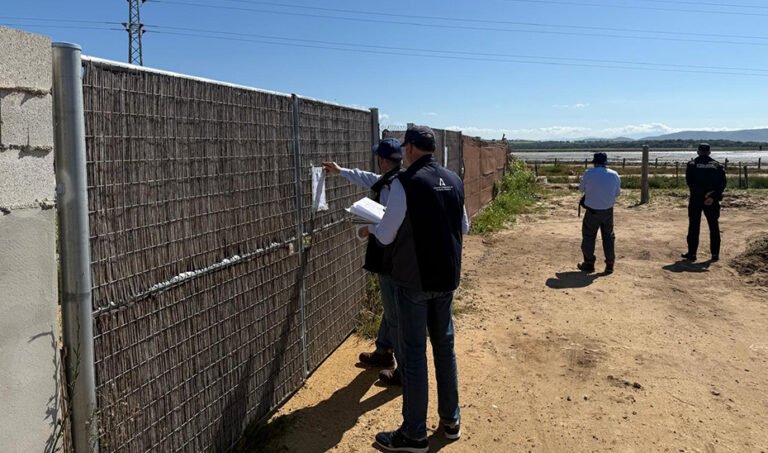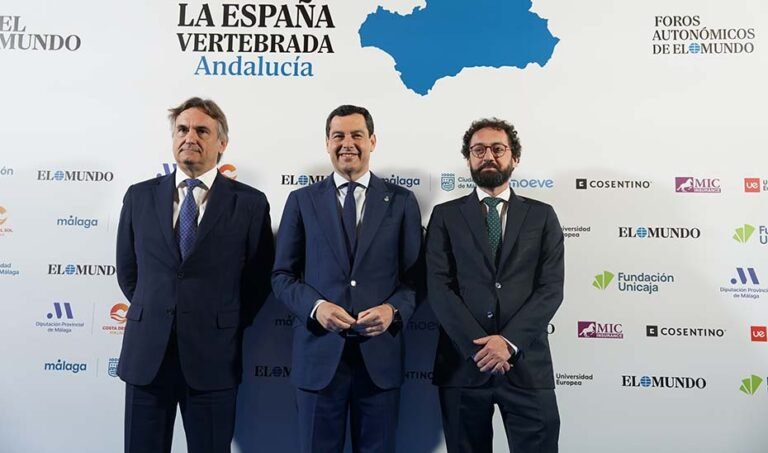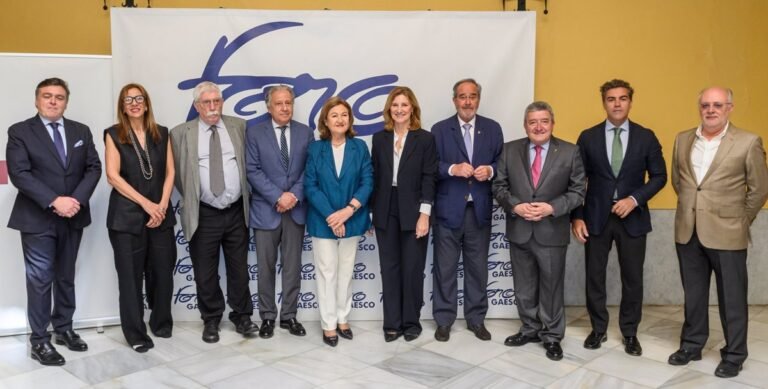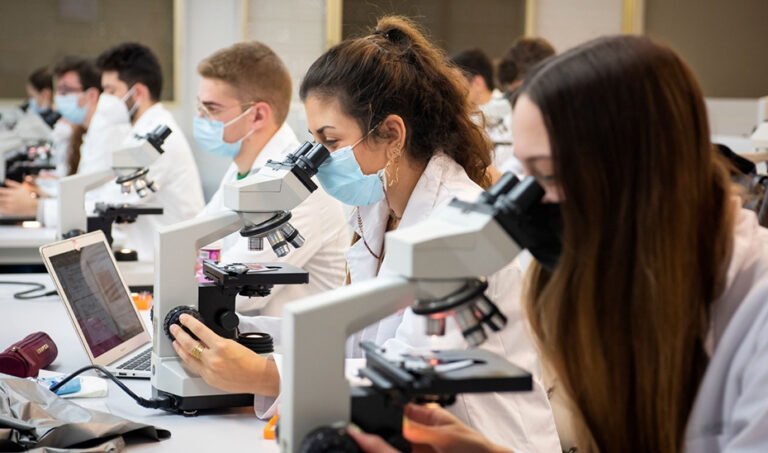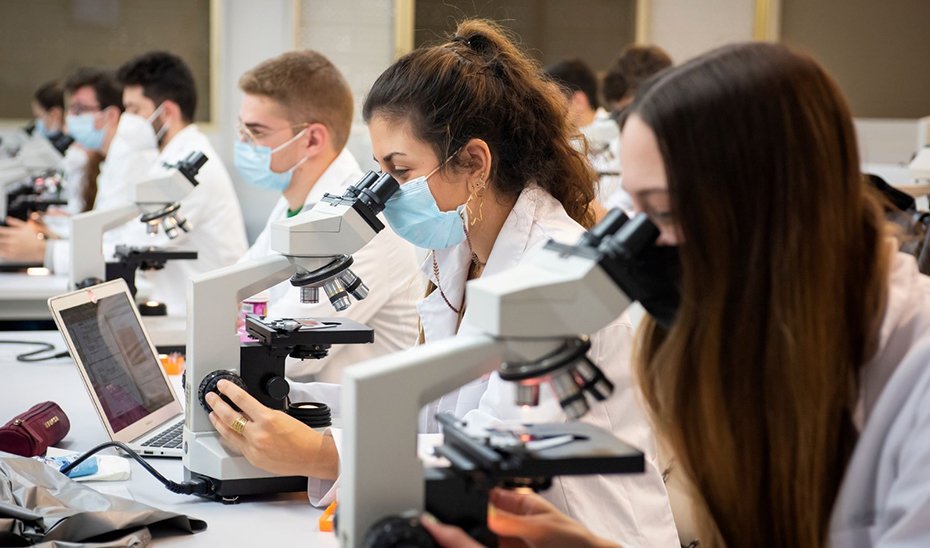
The Department of University, Research, and Innovation has approved a program of R&D grants worth €17.43 million aimed at hiring 129 doctoral researchers to enhance their career and strengthen R&D groups in the organizations where they will be working. The grants have a duration of three years and have been awarded to eight public universities in Andalusia, 12 public research organizations, foundations, and institutes, and one private academic institution. The selected researchers have a deadline to start their positions within two months from the day following the publication of the resolution.
This incentive program includes for the first time a commitment to stabilize scientific employment in the public universities receiving the grants and new requirements to enhance the mobility and internationalization of Andalusian scientists, in addition to streamlining administrative procedures.
According to the distribution of funds, eight public universities in Andalusia receive the largest share of resources, totaling €14.05 million, which represents 80.6% of the total amount and allows for the hiring of 104 researchers.
In addition to academic institutions, seven centers and institutes dependent on the Spanish National Research Council (CSIC) have also received incentives, totaling €2.43 million (14%) to hire 18 researchers. For example, the Doñana Biological Station has been granted €1.35 million to hire ten professionals, the Institute of Marine Sciences of Andalusia will receive €270,304 for two researchers, and the Institute of Chemical Research has also received the same amount for two researchers. Similarly, the Institute of Astrophysics of Andalusia, the Andalusian Institute of Earth Sciences, the Institute of Microelectronics of Seville, and the Institute of Natural Resources and Agrobiology of Seville have been awarded a grant of €135,152 each to hire one researcher.
Furthermore, in the field of the Andalusian government, specifically in the Department of Agriculture, Fisheries, Water, and Rural Development, the Institute of Agricultural and Fisheries Research and Training (IFAPA) has received a grant of €135,152.
In the area of public foundations that involve public universities, the Alejandro Otero Eastern Andalusia Biosanitary Research Foundation (FIBAO), which includes the University of Granada, has the highest number of positions, with three individuals and a grant of €405,456; the Córdoba Biomedical Research Foundation (FIBICO), linked to the University of Córdoba, will have one researcher and a grant of €135,152; and the Andalusian Public Foundation for Research in Biomedicine and Health (FIMABIS), with the University of Malaga, has also received the same resources for one position. Lastly, the University of Loyola Andalusia has been granted an incentive of €135,152.
Nine major branches of knowledge
The 129 contracts and the overall budget are distributed among the nine major branches of knowledge, with the highest funds allocated to the areas of natural resources, energy, and environment (RNM) and production and construction technologies (TEP), with €4.46 million for 33 grants in the former and €2.43 million for 18 grants in the latter. The Department of University has allocated €1.89 million for each of the fields of exact and experimental sciences (FQM), agro-industrial and food (AGR), biology and biotechnology (BIO), and health sciences and techniques (CTS), with a hiring of 14 researchers in each area. The field of information and communication technologies (ICT) will receive €1.08 million, enabling the hiring of eight researchers.
Additionally, the program includes the hiring of seven doctoral researchers with a budget of €946,065 in both the social, economic, and legal sciences (SEJ) and the humanities and artistic creation (HUM).
The annual amount to cover salary payments and social security contributions is €45,050 for the first, second, and third years, totaling €135,152 for the entire period.
The call for applications specifies that selected individuals must hold a doctoral degree and must have completed a period of at least one year working or studying at universities and research centers in other countries. This measure aims to bring scientists with international experience to advance Andalusian R&D and to facilitate the return of talented individuals from outside the community.
The applications have been evaluated by the Andalusian Agency for Scientific and University Quality (ACCUA). This call is co-financed by the European Social Fund Plus, within the FSE+ Program for Andalusia 2021-2027, which prioritizes the hiring, training, and mobility of research personnel, technologists, technical staff, and other R&D professionals in universities, research centers, and innovation organizations.
Stabilization commitment
Following the guidelines outlined in the regulations governing these postdoctoral grants, the call now includes, for the first time, the requirement for stabilizing scientific employment in the public universities receiving this funding. The text commits to creating a position matching the profile of the awarded grant. This measure aims to facilitate access to the research career for these individuals and enhance the conditions of their work.
Moreover, researchers hired through this program are now allowed, as a novelty, to engage in teaching activities for up to a maximum of one hundred hours per year. This combination of roles directly enhances the quality of university education by promoting continuous knowledge updates across all fields and allowing researchers to further develop their professional profiles. Additionally, this call significantly reduces administrative burden by simplifying and streamlining procedures, especially regarding expense justifications through simplified module-based or cost-based allocation, justification, and certification.
Support for the entire research career
As part of the support for the Andalusian knowledge system, the Andalusian government is keen on providing guidance and support to research talent, starting from their training as R&D support staff and doctoral candidates to their subsequent professional performance, through various incentives for postdoctoral hiring and the Emergia program for more established and prestigious professionals. This comprehensive approach aims to enhance the excellence of the research career and attract individuals capable of making valuable contributions to the Andalusian knowledge system, as well as promote scientific progress within the community.

